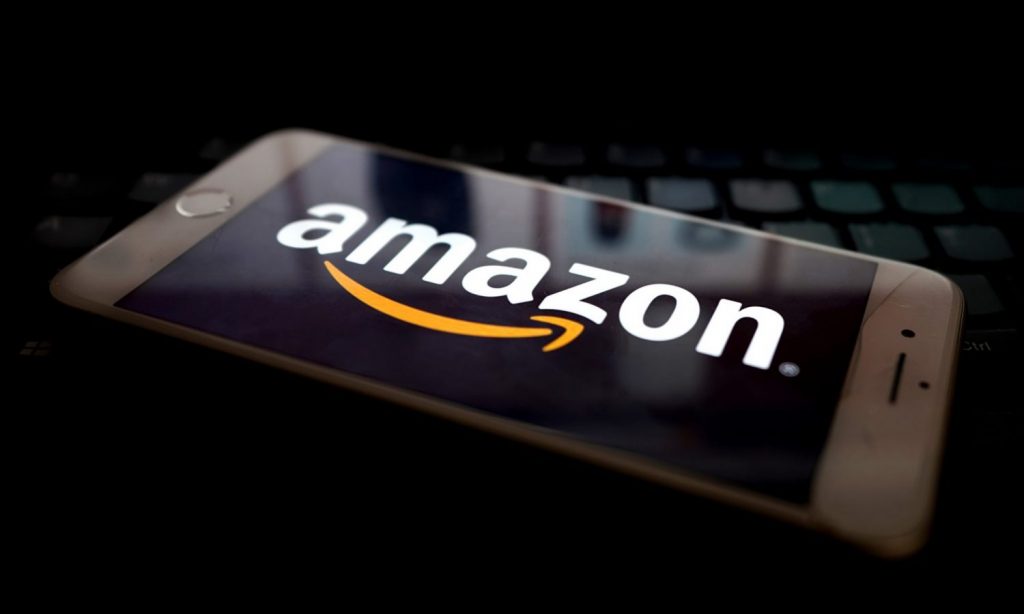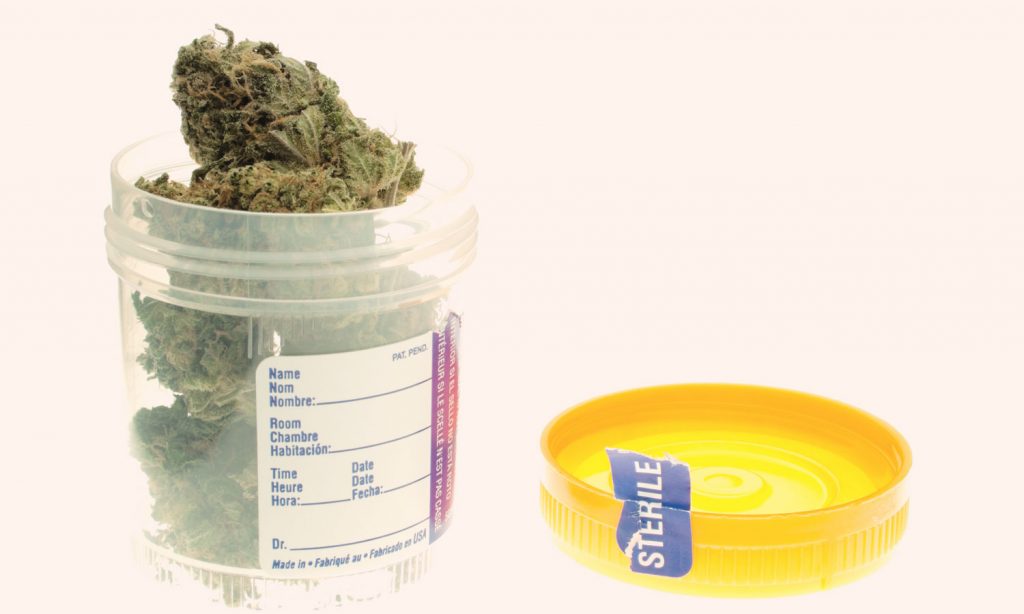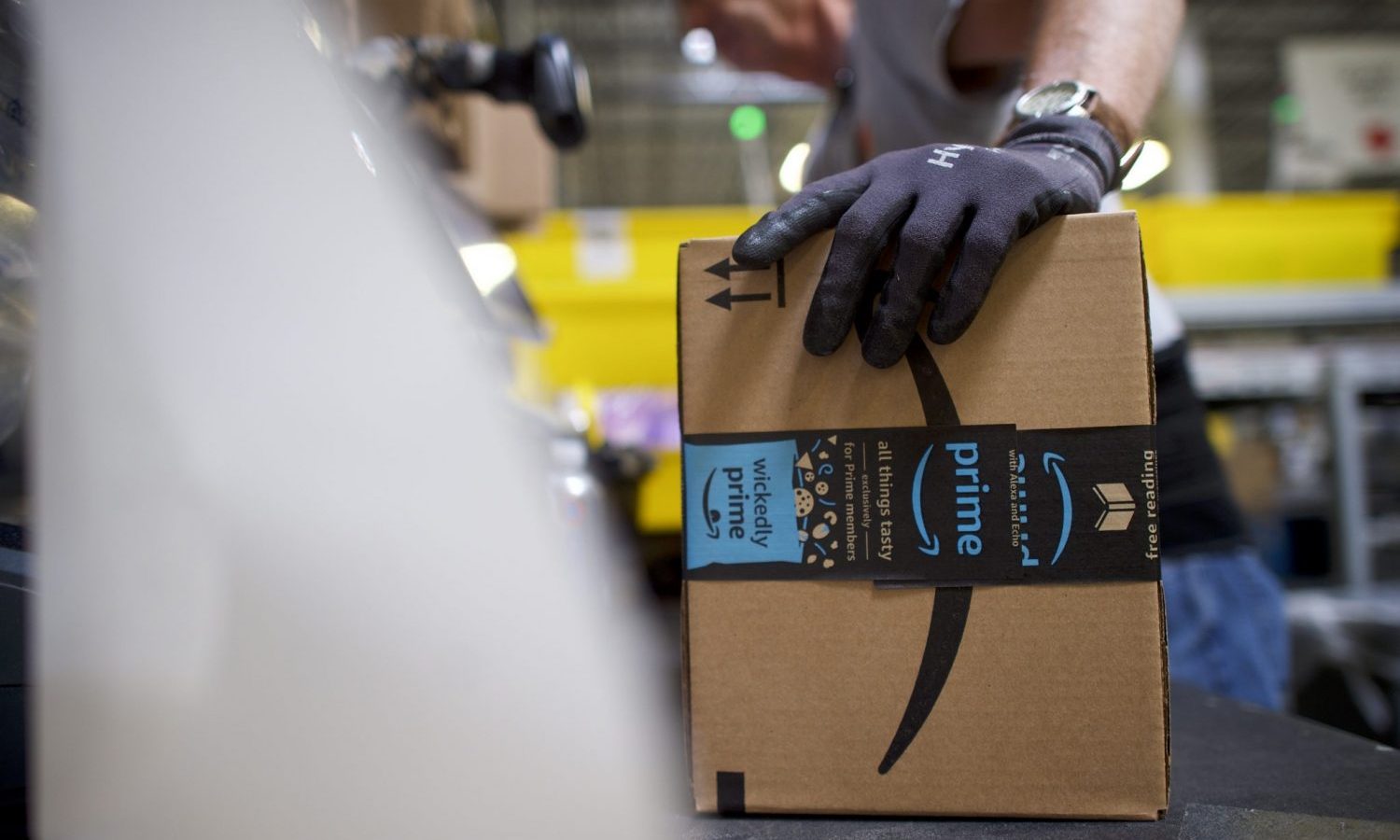We have miles to go until there’s equity across the economic and jobs spectrum in regards to cannabis consumption screening standards. But every step counts.
By Steven Hawkins, CEO of the United States Cannabis Council
When a drug-testing policy that affects over a million Americans gets changed, it’s a signal.
In early June, Amazon announced it would no longer screen its employees for cannabis consumption in most situations. Times are changing, they said. The move by one of America’s largest employers is a meaningful one.

Major corporations are figuring out that the time has come to adjust not only attitudes, but also their own policies related to cannabis. Beyond that, they’re also exerting influence on the highest levels of government to end federal prohibition.
Amazon isn’t alone in its removal of cannabis screening. From the corporate world to professional athletics, major organizations are significantly retooling—or removing altogether—testing or sanctions for cannabis. And for a lot of companies, especially in the face of a massive labor shortage, the move makes sense; denying a worker employment or terminating their employment because of recreational, off-the-job cannabis consumption is ludicrous (at least if you ask me—not to mention a potential legal headache for employers).
RELATED: Is This The Real Reason Amazon Is Supporting Marijuana Legalization?
Companies of all shapes and sizes can lead by example and end unfair, outdated drug-screening practices on their own terms. With the power that Big Business holds in this country, I’d say it’s an incredibly smart move—one that could benefit not just the workforce but the country at large.
Cannabis Stereotypes Vs. True Public Health Risks
From the Reefer Madness era to the Reagans’ “Just Say No” campaign, for decades cannabis consumers have been portrayed as lazy, couch-locked stoners. But recent research indicates that not only is that narrative patently false, the findings suggest that cannabis consumption and federal legalization may actually have a net-positive effect on public health.
How? As one example, researchers found that light to moderate cannabis consumption enhances exercise and activity levels. The old notion that recreational, off-the-clock cannabis consumption would make a worker “lazier” just doesn’t hold up.
RELATED: Going To Space Isn’t The Only Way Jeff Bezos Wants To Get High
Alcohol, tobacco and other legal drugs, on the other hand, have long been linked to increased rates of cancer, negative impact on work performance and increased rates of preventable death. Off-the-clock consumption of these arguably significantly more dangerous substances isn’t policed by organizations in most situations.
And in fact, the most significant job-related issue stemming from cannabis use is related to criminal arrests or convictions—not its effect on the mind or body. Additionally, pre-clinical studies have demonstrated cannabis’s potential efficacy at reducing levels of anxiety, increasing focus, reducing pain and more. To me, these certainly seem like positive benefits for workers.
The Economic Benefits of Policy Reform
While the quintessential image of an “Amazon employee” may be one of the company’s thousands of warehouse workers, the reality is that Amazon employs individuals across a wide range of positions, from coders to engineers to marketers. It’s a true cross-section of humanity.
The company’s decision to remove cannabis screening standards for positions not regulated by the federal Department of Transportation impacts a large swath of its workers, and brings light to the many, many faces of cannabis consumption—an essential element as legalization gains steam.

We may have to wait a while for prohibition to end at the federal level, although the Senate’s Cannabis Administration and Opportunity Act (CAOA), which aims to legalize cannabis and enact social reforms, represents the most significant opportunity for major reform since cannabis was placed on the prohibitive Schedule I list of controlled substances in 1970.
As the legislative wheels turn slowly on cannabis, the rebound of the U.S. economy is sputtering.
Despite the healthiest month for jobs in the U.S. this year so far—with a higher-than-expected 943,000 new jobs added in July—the unprecedented labor shortage is making it difficult for employers to find workers to fill those jobs. Workers have the upper hand for the first time in a long time—and employers that meet the moment with smart, modern hiring policies stand to gain the most.
And considering that the majority of individuals adversely affected by outdated cannabis screening or possession laws are people of color, removing this baseless employee screening standard also serves to improve equity and opportunity.
Public Opinion Guides the Way
Americans are more accepting of cannabis consumption and federal legalization than ever, and workplaces and organizations that don’t keep up with these shifts in attitudes will be left behind.
Public opinion and private-sector pressure influence change at the legislative level. Consider the massive social shift surrounding marriage equality leading up to the U.S. Supreme Court’s 2015 decision to strike down all state bans on same-sex gay marriage.
In response to shifting attitudes around cannabis, pro sports leagues have made significant changes. The NBA and NFL have suspended or removed testing for cannabis consumption. The MLB has removed cannabinoids from its list of “Drugs of Abuse” and ended testing requirements for minor-league players. The NHL still tests for cannabis but has no penalties for positive results.
Your Move, Major Employers
Momentum for ending federal cannabis prohibition is building, but slowly. So it’s up to major employers and companies to step up now and remove outdated screening standards for their own benefit as well as those they employ.
Many tech giants, like Microsoft and Apple, have also nixed screening for cannabis consumption in most situations. But those moves primarily benefit white-collar knowledge workers—not hourly or blue-collar workers, who still tend to have different sets of rules even while working for the same company.
We have miles to go until there’s equity across the economic and jobs spectrum in regards to cannabis consumption screening standards. But every step counts.
Steven Hawkins is CEO of the United States Cannabis Council, a 501(c)4 nonprofit organization advancing social equity, ending the federal prohibition of cannabis, modernizing federal and state regulations and promoting high ethical standards within the industry. Hawkins has spent 30 years as a nonprofit leader, foundation program officer and civil / human rights attorney.
This article originally appeared on Benzinga and has been reposted with permission.


